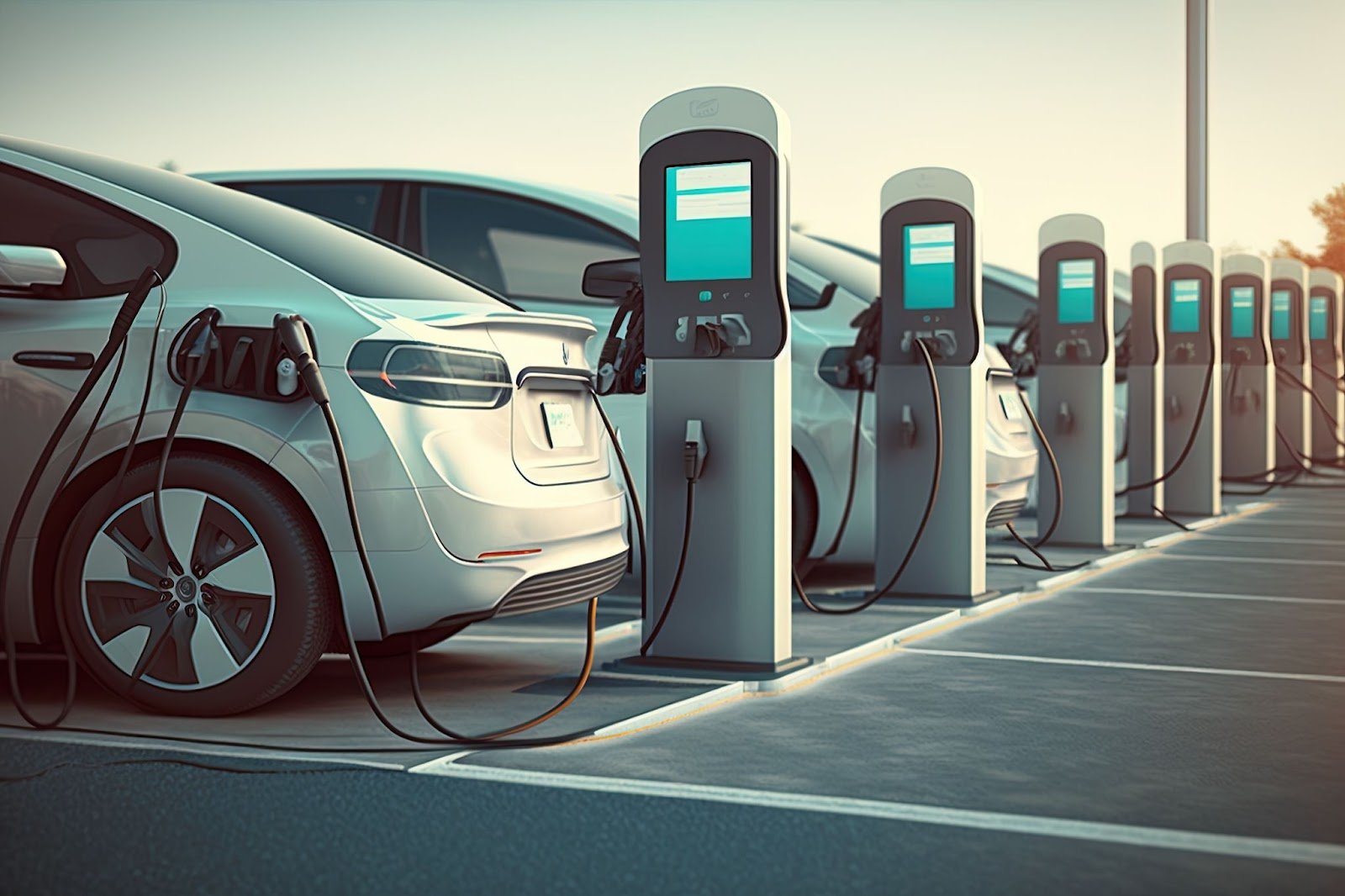Electric vehicles (EVs) have gained significant popularity in recent years as an eco-friendly alternative to traditional gasoline-powered cars. As the demand for EVs continues to grow, the need for a reliable and accessible charging infrastructure becomes crucial. This has led to the installation of commercial EV charging stations in various locations, such as shopping centers, office buildings, and public parking lots.
- Infrastructure Upgrades
One of the main factors that affect the cost of commercial EV charging station installation is the need for infrastructure upgrades. EV charging stations require a reliable and robust electrical infrastructure to support the charging demands. In many cases, existing electrical systems may not have the capacity to handle the additional load.To know more about EV charging station installation service via EV Revolution.

- Charging Station Type
There are different types of EV charging stations available, ranging from Level 1 to Level 3 chargers. Level 1 chargers are the slowest and typically require a standard 120-volt outlet. On the other hand, Level 3 chargers, also known as DC fast chargers, can provide a significantly faster charging rate.
- Site Preparation
Site preparation is another factor that can influence the cost of commercial EV charging station installation. Before the installation process can begin, the site needs to be properly prepared, which may involve tasks such as clearing the area, excavating, and installing conduits.
- Number of Charging Stations
The number of charging stations to be installed is a crucial factor that affects the overall cost. Larger installations with multiple charging stations require more equipment, materials, and labor, resulting in higher costs.
- Networking and Payment Systems
Commercial EV charging stations often require networking and payment systems to enable users to access and pay for the charging services. These systems allow users to locate and reserve charging stations, monitor charging sessions, and make payments.